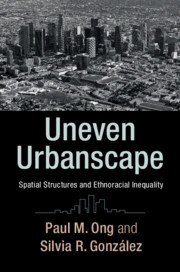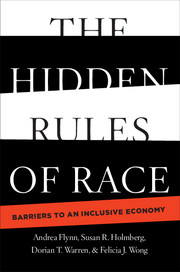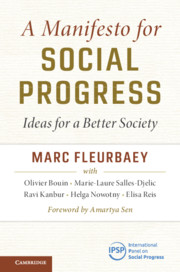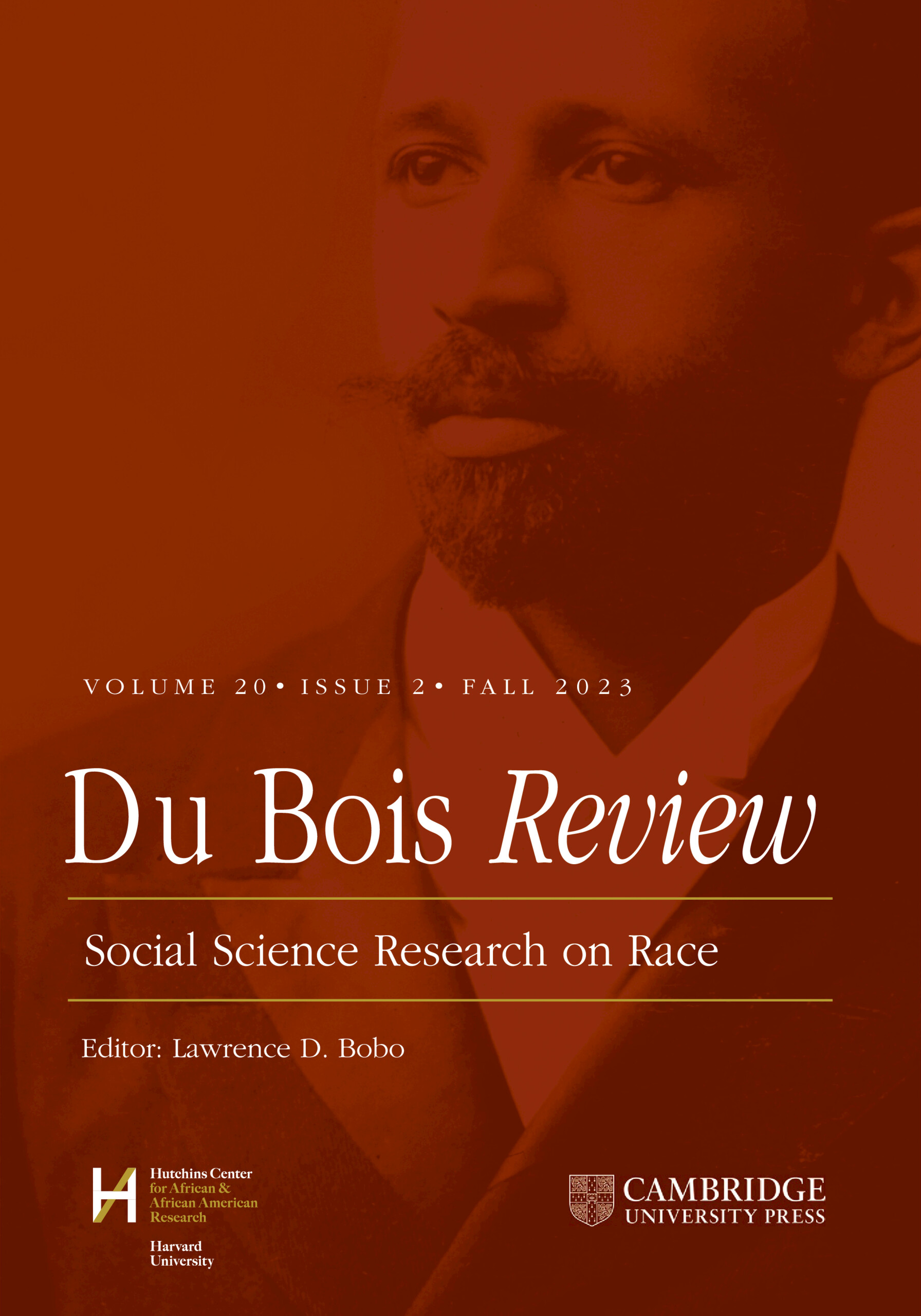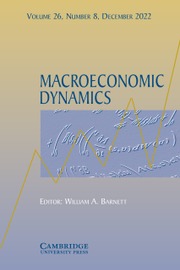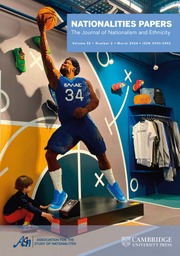Uneven Urbanscape
Uneven Urbanscape takes a new theoretically grounded view of how society produces and reproduces ethnoracial economic inequality. Drawing on empirically rich documentation and quantitative analysis utilizing multiple data sources, including the US Bureau of the Census, Ong and Gonzalez assess the patterns, causes, and consequences of urban spatial disparities, specifically in home ownership, employment, and education. They focus on the global city of Los Angeles in order to examine outcomes across small geographic units that approximate neighborhoods and places, and to analyze the location-specific effects of geographic access and isolation within the region. Using a mix of micro-level data and aggregated statistics, Uneven Urbanscape provides one of the most comprehensive understandings of urban ethnoracial disparities and inequalities from 1960 to the present day.
- Provides an in-depth analysis of one metropolitan area
- Takes a multi-disciplinary approach to examine race and ethnicity
- Uses a quantitative empirical approach, drawing on government surveys such as the US Bureau of the Census
Product details
June 2019Hardback
9781107170322
258 pages
235 × 156 × 19 mm
0.51kg
16 b/w illus. 19 maps
Available
Table of Contents
- 1. A spatial perspective on stratification
- 2. Los Angeles' spatial structure
- 3. Home ownership during the great housing crisis
- 4. Employment and spatial transportation mismatch
- 5. Fragmented education system
- 6. The spatial complex and the reproduction of inequality.

